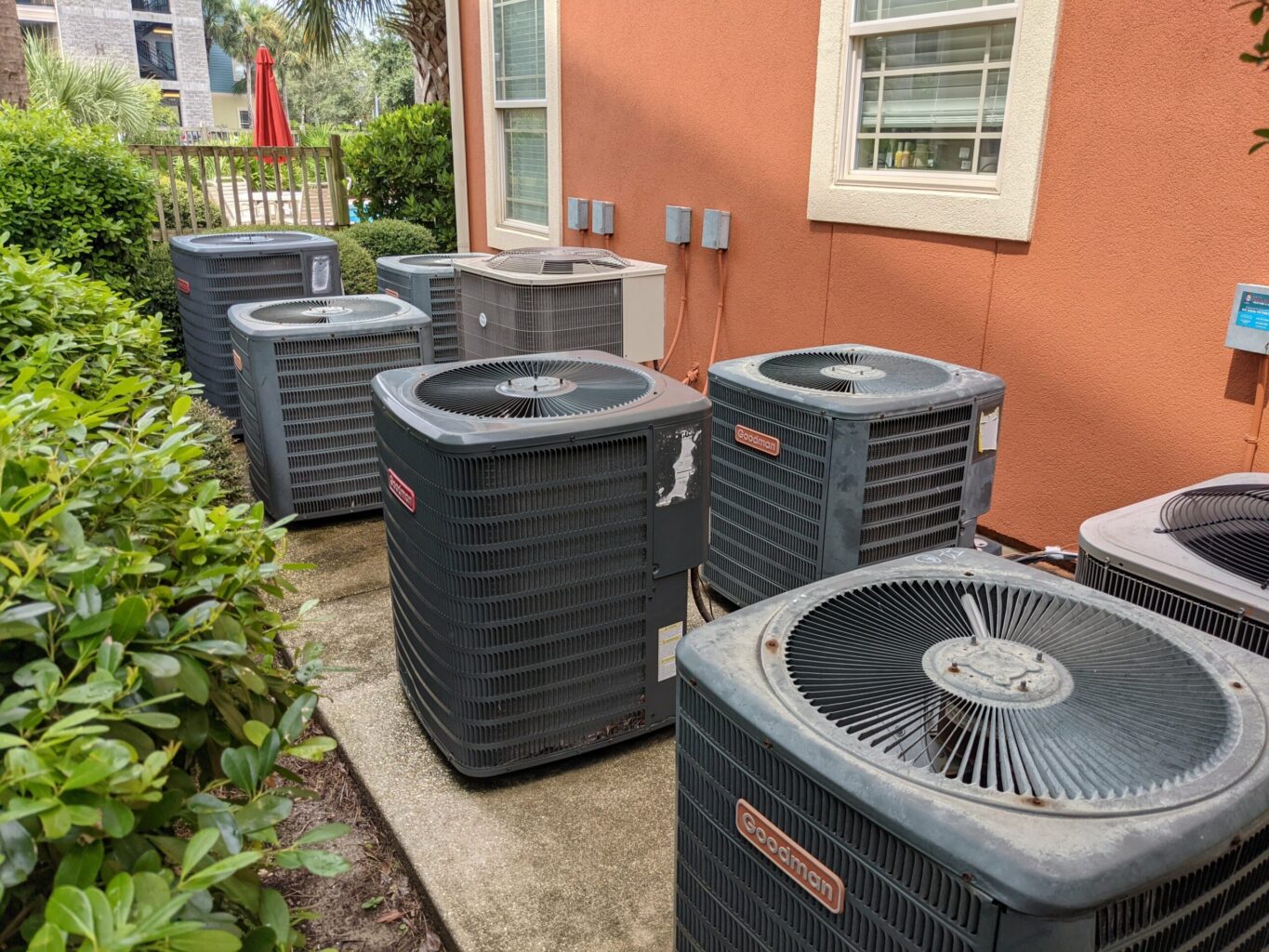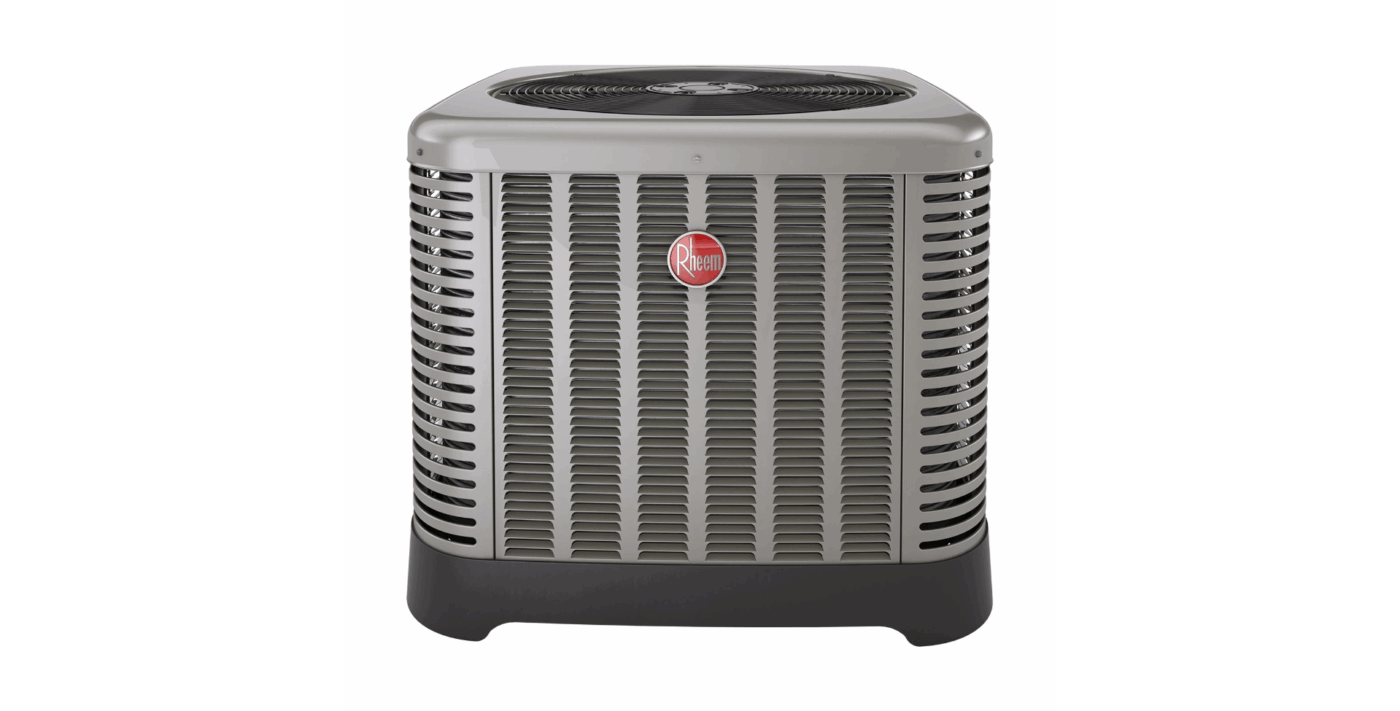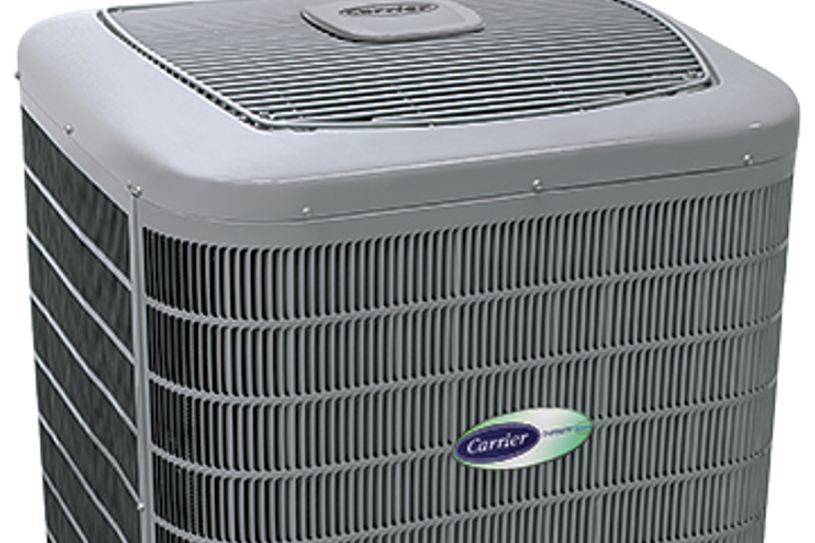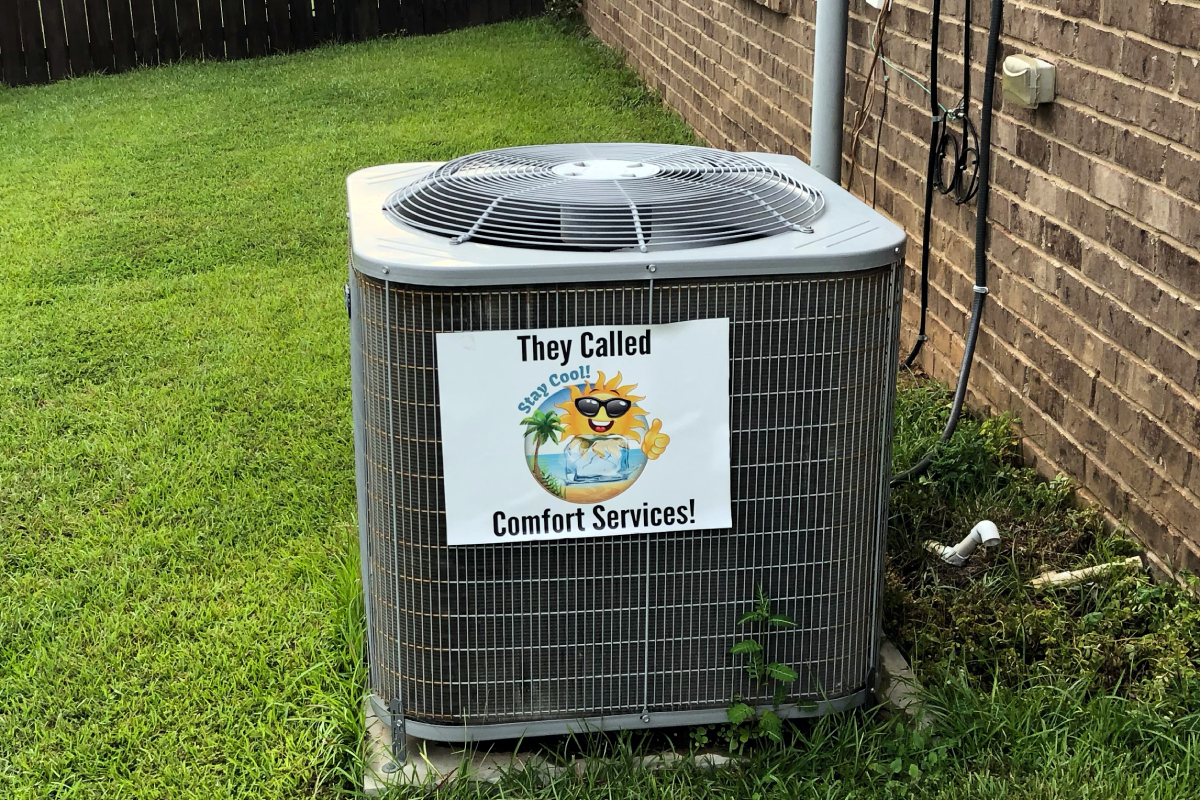Stay Comfortable Year-Round: The Ultimate Guide to Residential Heating and Air Conditioning in Gulf Shores, Foley, and Orange Beach Alabama
Living in Gulf Shores, Foley, and Orange Beach, Alabama can be a dream come true for many people. The beautiful beaches and tropical climate are a major draw for both visitors and residents alike. However, when it comes to residential heating and air conditioning, the climate can present some unique challenges. In this guide, we’ll…
Read MoreExperience Optimal Comfort: Upgrading Your Residential Heating and Air Conditioning
Upgrading your residential heating and air conditioning system in Gulf Shores, Foley, and Orange Beach, Alabama can provide optimal comfort for you and your family. Older systems may not be able to provide the level of comfort you need, especially during extreme weather conditions. In this blog post, we’ll discuss the benefits of upgrading your…
Read MoreWayne’s Comfort Services is Available Nights and Weekends to Help Residents of Orange Beach, AL
Air conditioning is a necessity for residents of Orange Beach, AL, especially during the hot and humid summer months. High rise condominiums, beach houses, and short-term rentals all rely heavily on air conditioning systems to keep their occupants comfortable. However, without proper maintenance, these systems can fail, leading to discomfort and costly repairs. Regular air…
Read MoreA Well-Maintained HVAC System Can Improve…
Preventative maintenance for your heating and air conditioning system is crucial in Gulf Shores, AL. It ensures your HVAC system is running efficiently and safely, saving you money in the long run. Regular maintenance of your HVAC system can identify and address potential problems before they become costly repairs. This is especially important in humid…
Read MoreHeat Pumps are an Essential Component of Most Foley, AL Homes
Heat pumps are an essential component of many Foley, AL homes. They keep the interior environment comfortable and reduce energy costs, but only if they are maintained correctly. Regular heat pump maintenance is crucial for ensuring their efficiency and longevity, especially in the warm and humid Gulf Coast climate.
Read MoreDo This Gulf Shores When it Comes to HVAC Repair
Before You Call to Have Your Air Conditioner Repaired Do This We suggest you change your air filter right now. If you’re a homeowner condo owner or business owner in the Gulf Shores area we want your business but we want you to be able to save money too.If your air conditioner is not operating…
Read More$85 Service Call Fee Waived in Gulf Shores
May Be Withdrawn Without Notice. Call Now. We are a local air conditioning repair shop that clients in Gulf Shores have trusted for years. We service, maintain, repair and replace ll brands of HVAC equipment. Call for service on Trane, Carrier, Bryant, Goodman and more. $85 Service Call Fee Waived Service Call Fee will only…
Read MoreGulf Shores Best HVAC Team Gets New Website
Gulf Shores Alabama has many things including a beautiful beach. Now they have a super HVAC repair team in Comfort Services, Inc. and Comfort Services has a new website! You can count on Expert heating and air conditioning repair every time because Wayne Compton and his wife Lisa are there Getting the job done to…
Read More







